
Luis García Berlanga
Biography
One of the best known filmmakers in the world and director of some of the most famous films of Spanish cinema, tender in his vision of the characters, but satirical to the point of biting in his social analysis, clearly critical despite the censorship of the Franco regime. He was born in 1921 into a wealthy Valencian family. After the Second World War, he studied at the Escuela Oficial de Cine (IIEC/EOC), where he would later become a professor. There he met Juan Antonio Bardem, and together they made their first film. His narrative ability, together with the sharpness of his satire, bordering on nonsense, made him a popular filmmaker, but also valued by critics. Nevertheless, within his comic line he oscillates between tenderness and the grotesqueness of his choral comedies. Between both extremes are his first films, written in collaboration with Rafael Azcona, in which he develops a black humor, characteristic of both, corrosive denunciations of social hypocrisy and the death penalty. In recent years he was president of the Filmoteca Nacional de España and director of a collection of erotic novels and short stories.
personal Info.
Known for
Directing
Known Credit
0.2936
Gender
Male
Birthday
1921-07-12
Place of Birth
Valencia, España
Also Known as
Luis G. Berlanga
Luis Gª Berlanga
Luis García-Berlanga Martí
Berlanga
Луис Гарсия Берланга
Known For
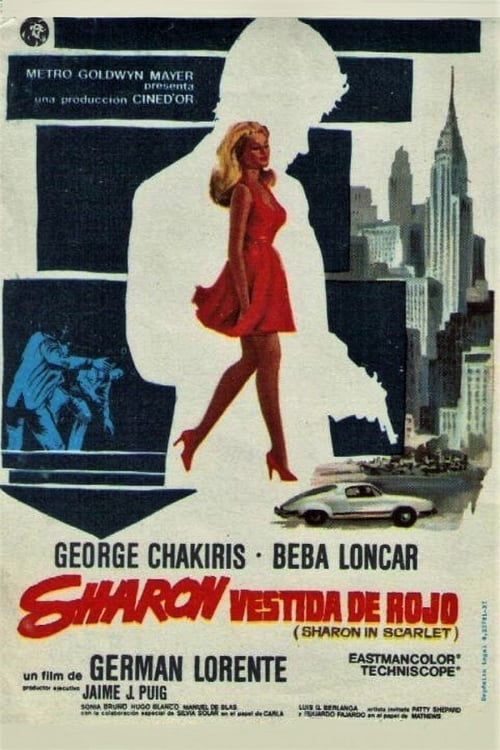
Sharon vestida de rojo
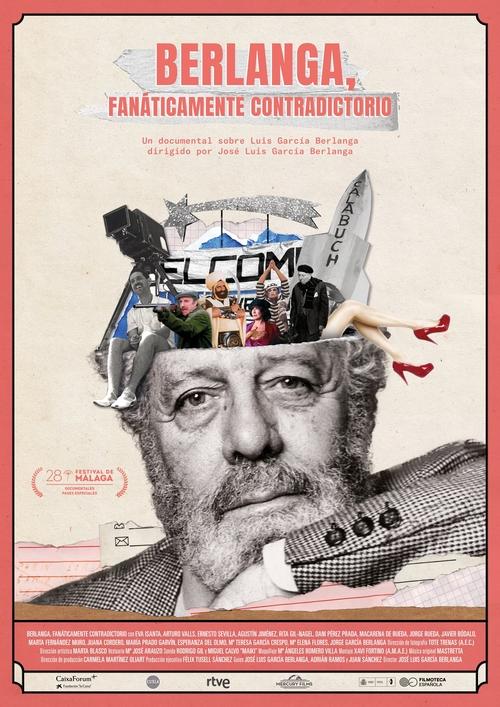
Berlanga, fanáticamente contradictorio
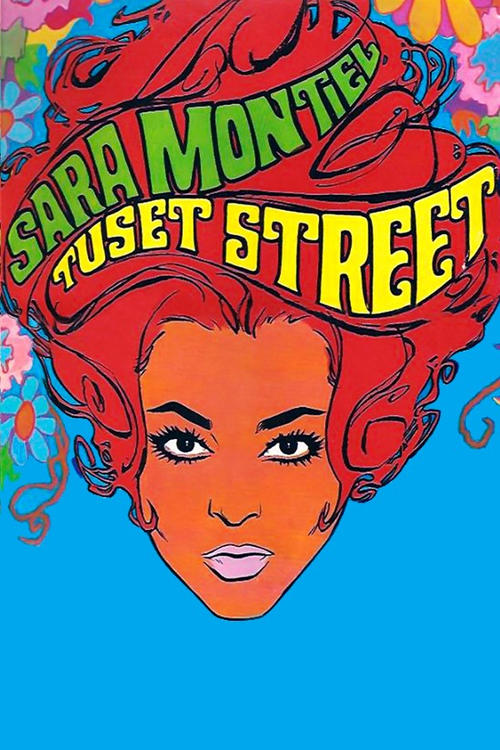
Tuset Street
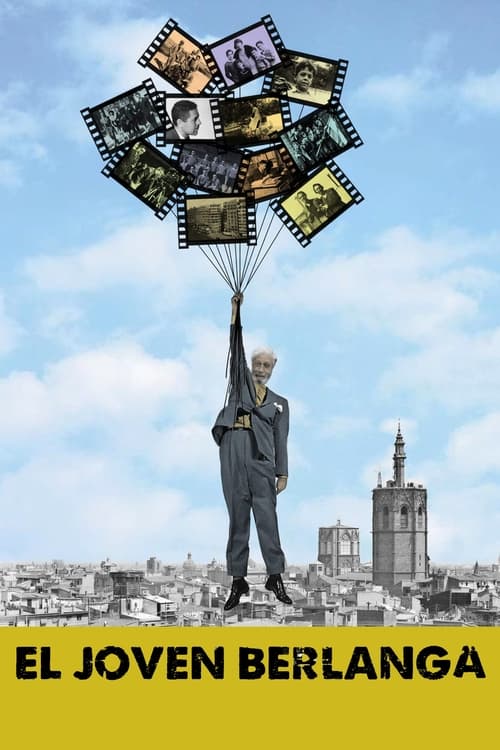
El joven Berlanga
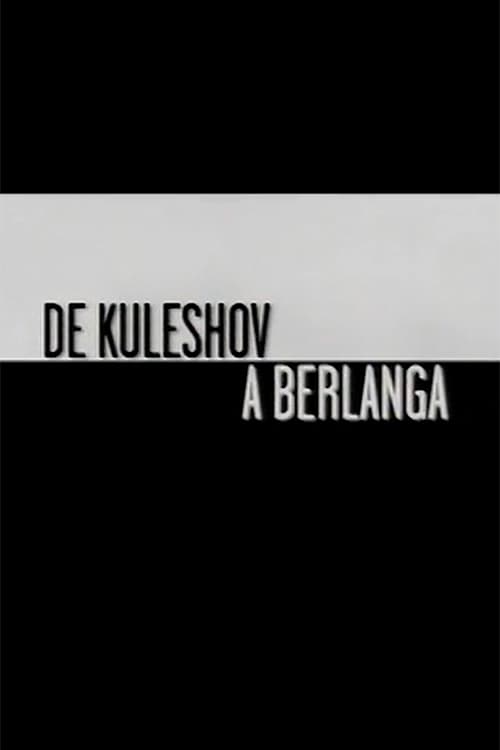
From Kuleshov to Berlanga
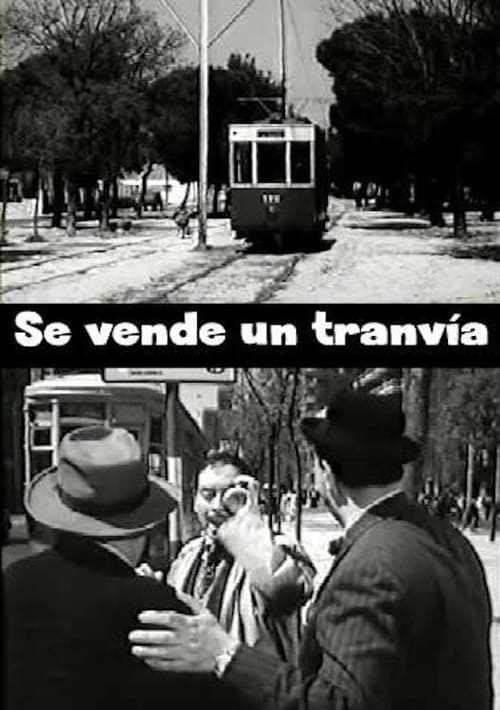
Streetcar for Sale
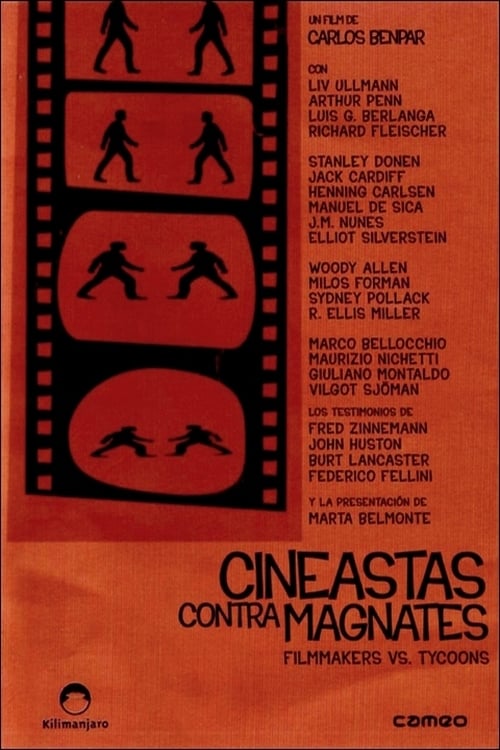
Filmmakers vs. Tycoons
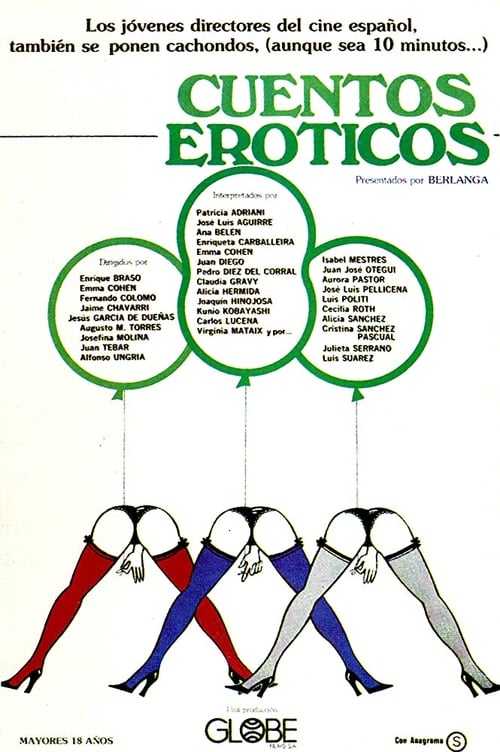
Erotic Stories
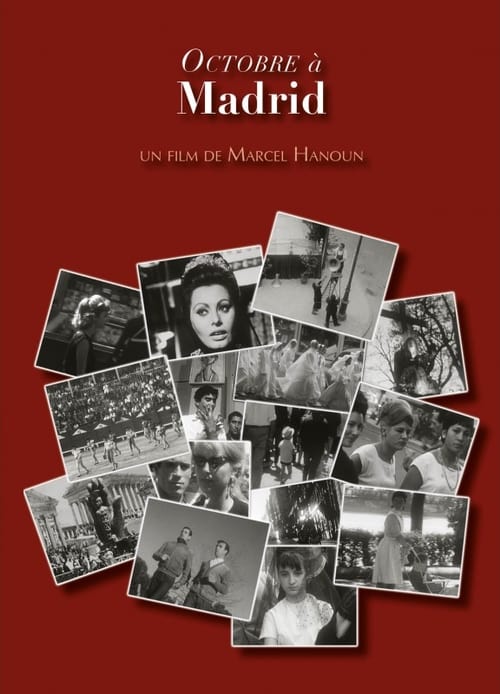
October in Madrid

No somos de piedra
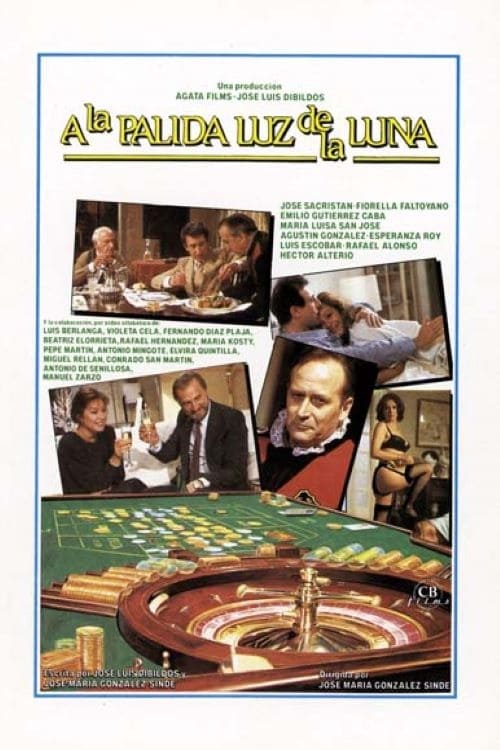
A la pálida luz de la luna
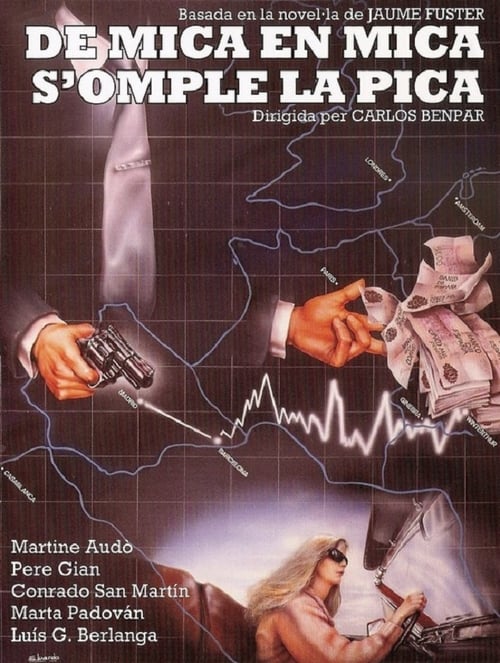
De mica en mica s’omple la pica
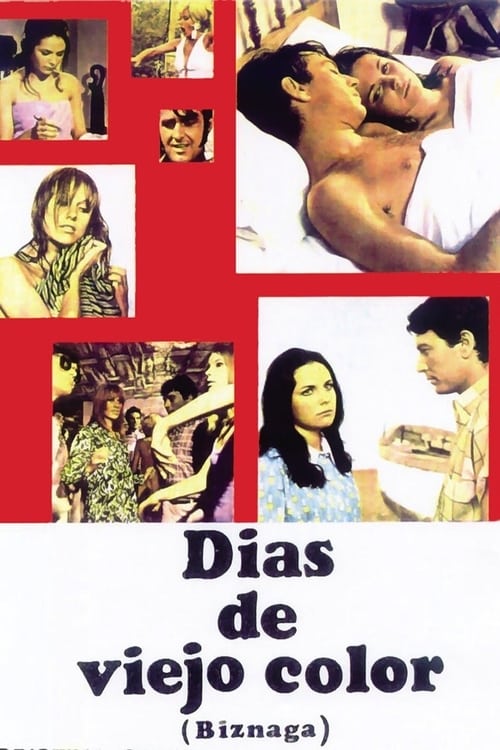
Días de viejo color
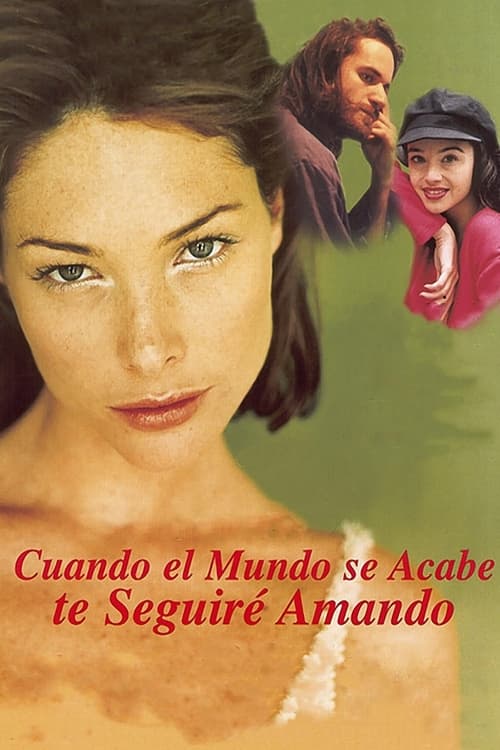
Cuando el mundo se acabe te seguiré amando
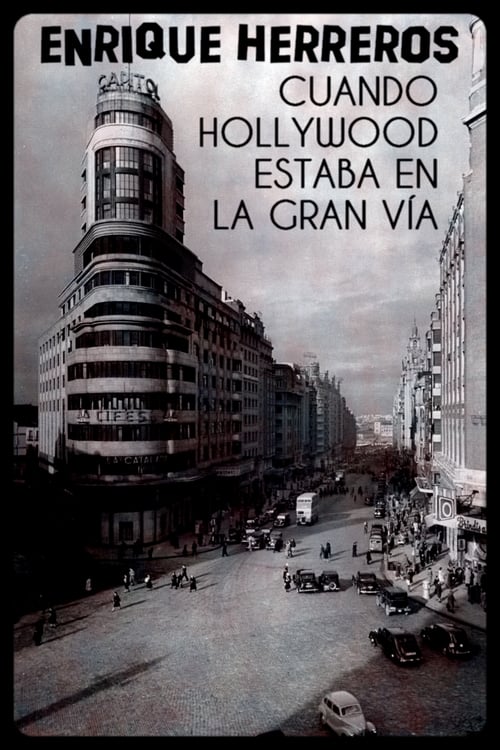
Enrique Herreros
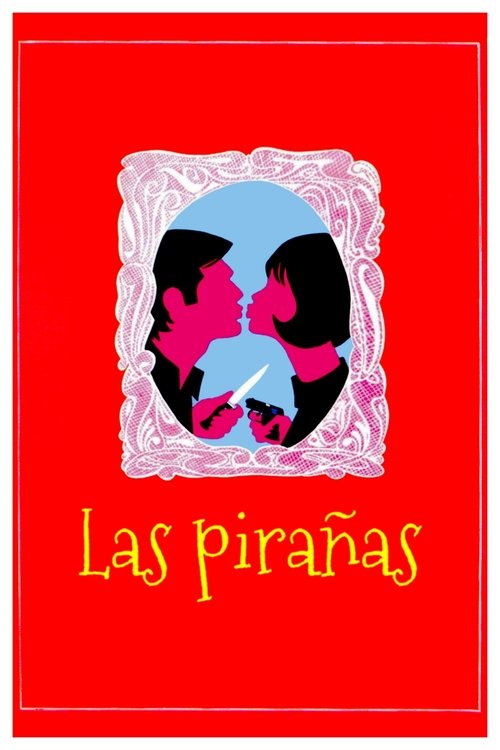
Las pirañas

Calle Bardem
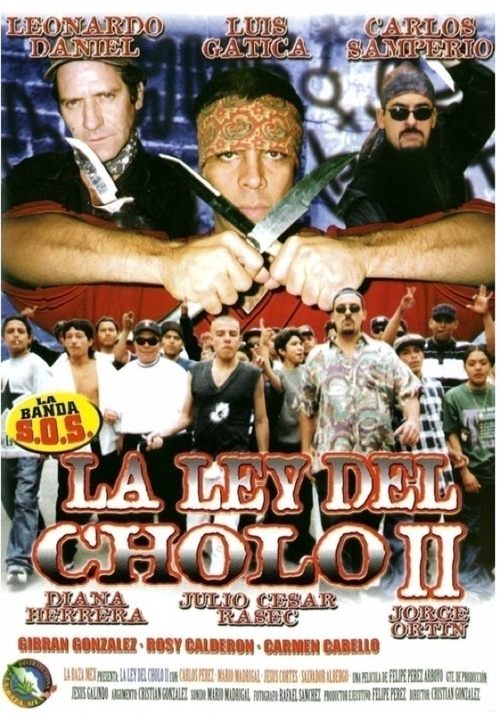
La ley del cholo II
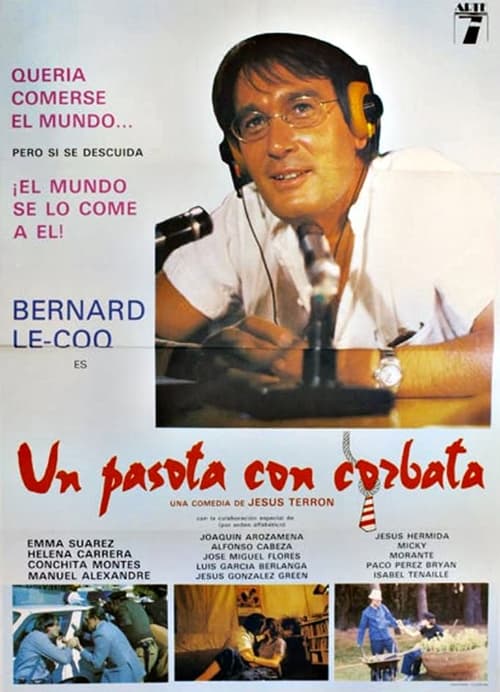
A Tied Blasé
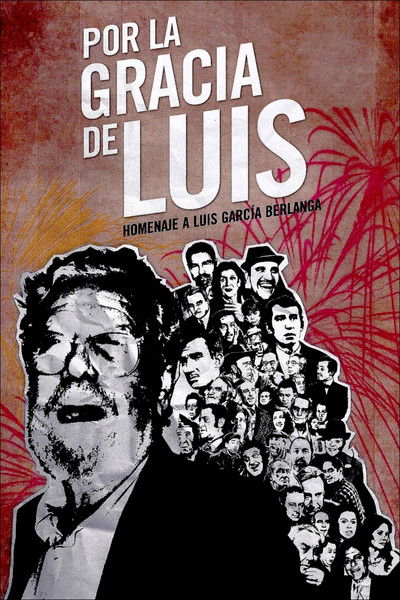
Por la gracia de Luis